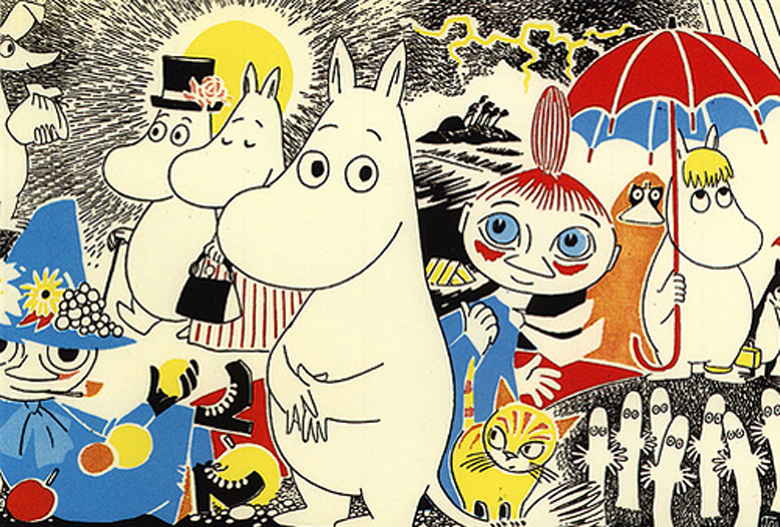Children’s Literature and Comics/Graphic Novels at MLA 2013
For those heading to the MLA in Boston (3-6 January 2013), here’s a handy list of panel sessions on either children’s literature or comics/graphic novels. Â I compiled the list below by searching the MLA’s program for children’s literature (so, I may have missed some), and by re-posting the comics/graphic novels sessions from the MLA Comics/Graphic

